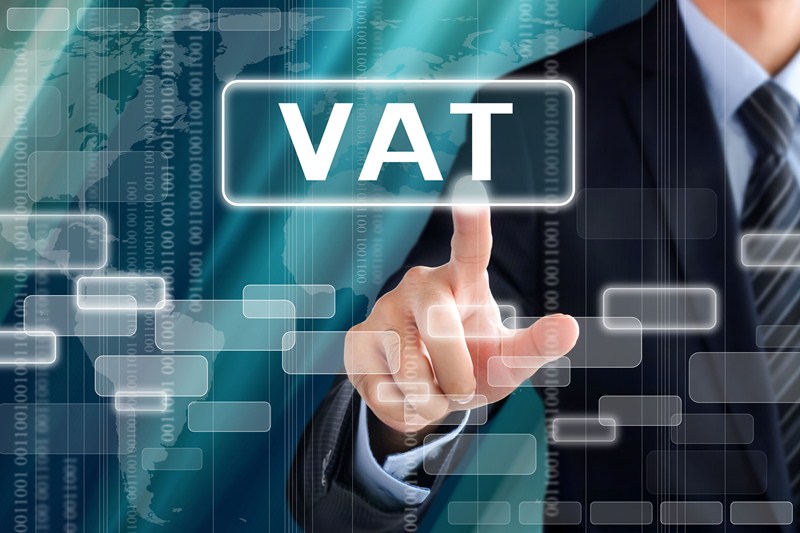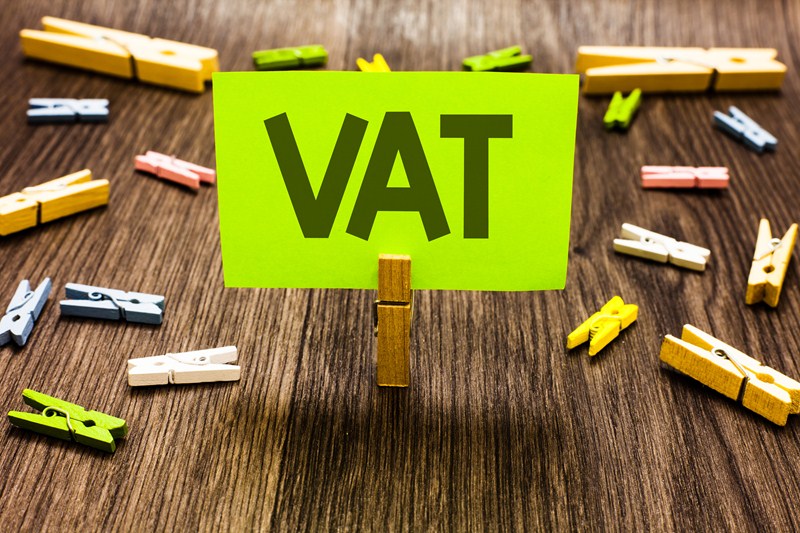There are special VAT reverse charge rules for certain building contractors and sub-contractors. The rules, which came into effect on 1 March 2021, makes the supply of most construction services between construction or building businesses subject to the domestic reverse charge. The reverse charge only applies to supplies of specified construction services to other businesses in the construction sector.
The charge applies to standard and reduced rate VAT services:
- for businesses who are registered for VAT in the UK; and
- reported within the Construction Industry Scheme.
This means that where the rules apply, sub-contractors no longer add VAT to their supplies to most building contractor customers. Instead, contractors are obliged to pay the deemed output VAT on behalf of their registered sub-contractor suppliers. This is known as the VAT domestic reverse charge.
Please note, contractors who make the domestic reveres charge payments for their sub-contractors can, in most circumstances, claim the same amount on their VAT return as input VAT. Consequently, there is no cash flow effect; just the hassle of making sure the accounting entries are dealt with correctly.
The VAT domestic reverse charge applies to the following services:
- constructing, altering, repairing, extending, demolishing or dismantling buildings or structures (whether permanent or not), including offshore installation services;
- constructing, altering, repairing, extending, demolishing of any works forming, or planned to form, part of the land, including (in particular) walls, roadworks, power lines, electronic communications equipment, aircraft runways, railways, inland waterways, docks and harbours, pipelines, reservoirs, water mains, wells, sewers, industrial plant and installations for purposes of land drainage, coast protection or defence;
- installing heating, lighting, air-conditioning, ventilation, power supply, drainage, sanitation, water supply or fire protection systems in any building or structure;
- internal cleaning of buildings and structures, so far as carried out in the course of their construction, alteration, repair, extension or restoration;
- painting or decorating the inside or the external surfaces of any building or structure; and
- services which form an integral part of or are part of the preparation or completion of the services, including site clearance, earth-moving, excavation, tunnelling and boring, laying of foundations, erection of scaffolding, site restoration, landscaping and the provision of roadways and other access works.




